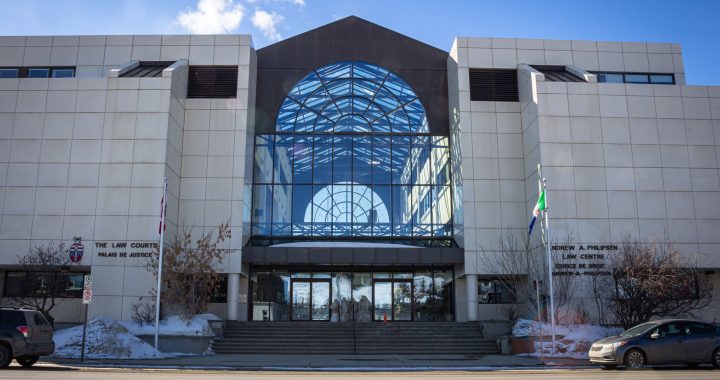By Kathleen Martens
APTN Investigates
WINNIPEG — There has been movement in a dispute involving a northwestern Ontario First Nation and an Elder who is on a hunger strike.
Garnet Angeconeb says his Lac Seul First Nation’s chief and council were working through the weekend to resolve the dispute.
“I’m tired. It was a busy weekend,”Angeconeb said in a telephone interview Monday morning, adding: “There could be a result later today.”
He said a meeting is scheduled that could bring the results he is seeking. That would put an end to his hunger strike.
The hunger strike began September 11 to force the band to end its long-term professional relationship with the Keshen & Major law firm of Kenora, Ont. Angeconeb has been foregoing food, water and the medication he needs for diabetes and a degenerative muscular condition.
Why? Because principle Doug Keshen is under investigation for his handling of residential school compensation claims. Angeconeb says the band must put its survivors ahead of its lawyers.
Angeconeb says news of the investigation has survivors fearing the worst.
“They put their trust in their legal representation…they are being hurt again,” he said.
Keshen said he’s worried about Angeconeb’s health.
“I’ve known Garnet a long time,” he told APTN Investigates on September 12. “He is a respected member of the band.”
Keshen said the band did sever its ties with him on September 12 and he accepts that. He confirmed it is his work and how he handled his legal trust account that is under investigation, and his alone. Not others in the firm.
The investigation into Keshen’s work with survivors was approved by a judge last week after a request from investigators with the compensation program known as the Independent Assessment Process. Officials say their interest was sparked by complaints from four survivors – two of whom are from Lac Seul, a two-and-a-half hour drive east of Kenora.
Angeconeb says their anguish at not receiving the full amount of compensation they were owed for suffering physical and sexual abuse prompted him to put his health on the line.
“Someone has to be there for them,” he said Monday, noting he wants the band to end all of its legal business with all of Keshen & Major, not just one lawyer. “This has to stop.”
Keshen is not the first lawyer accused of wrongly charging survivors administrative fees and arranging loans with third parties at high interest rates under the IAP. Keshen told APTN he arranged loans and cash advances to help survivors and did not benefit personally.
But charging interest and involving third parties – then deducting payment from survivors’ compensation awards – is prohibited by the Indian Residential Schools Settlement Agreement. Lawyers are required to pay the entire amount of the compensation received from the federal government directly to the survivor – minus their legal fees – and are not allowed to pay that money to third parties.











